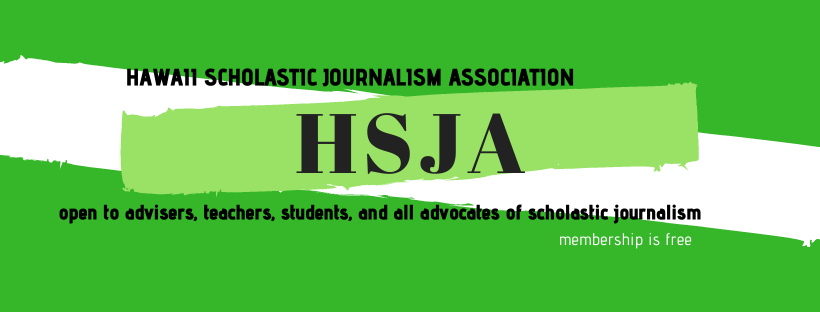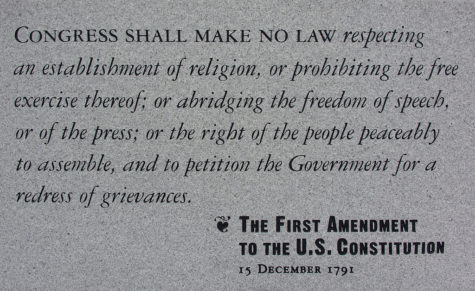Audience No Longer Audience in the Remake of Bertolt Brecht’s Play, ‘The Good Person of Szechwan’
Ike Webster shifts in his chair with an almost nervous energy, seeking questions and ready to give answers, passionate about his adaptation of Bertolt Brecht’s The Good Person of Szechwan. Webster is following in Brecht’s footsteps, as he takes theater to a whole different level.
“Do you see this? Do you see what I am doing?” Webster said, as he is showing what the actors are doing differently from any other play production.
During the 2018 Journalism Day at UH Manoa, students got to interview Webster and the cast of the up and coming play, “The Good Person of Szechwan.” The play first debuted in 1943, but it has been 75 years since the remake, Webster has made it clear that its themes are relevant in our society right now. It may be surprising that a play from the 19th century will be handling topics that still exist in the 21st century. On the other hand, looking at the play’s themes, gender identity, the struggles with class power, and gender politics, you can see how they reflect the present society.
Although the play is still in its blocking stage of production, Webster already has ambitions of the audience’s reactions.
“The character does not know what is going to happen, but the audience does,” Webster said, to further invoke why he wanted to remake this play.
Unlike most plays, “The Good Person of Szechwan” reconstructs the audiences from spectators to observers. Webster knew from the beginning that he wanted to stay faithful to the original. One thing was for certain, he wanted to leave the audiences wondering, much like Brecht has done with all his work.
Brecht was unique in all the work he did. He used a theatrical platform to spread awareness of political problems in society, causing audiences to take what happened in the play and reflect on it in their own lives, as he believed that a person’s belief is something constructed and could be altered. Webster wants his audience to react in the same way.
“Present the issue and let the audience decide,” Webster said.
“The Good Person of Szechwan” will leave information open-ended, making the audience choose what they think will happen. even making the characters something for the audience to talk about. The idea of leaving the story up to its audiences is what attracted Webster to Brecht’s plays. The play, in a way, acts as a train or bus to its audience, offering you a ride but ultimately leaving it up to you to take it or not.
Webster’s fresh remake of “The Good Person of Szechwan” can be seen at The University of Hawaii Kennedy Theater on October 10,11,12, and 13 at 7:30 p.m., including October 14 at 2:00 p.m. Tickets are on sale with a price range of $8-$18.




